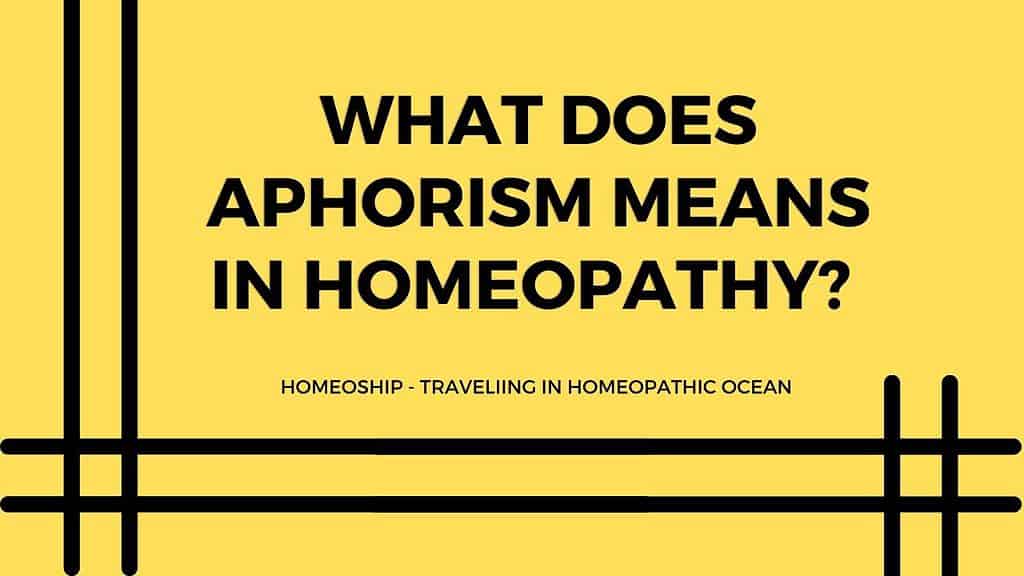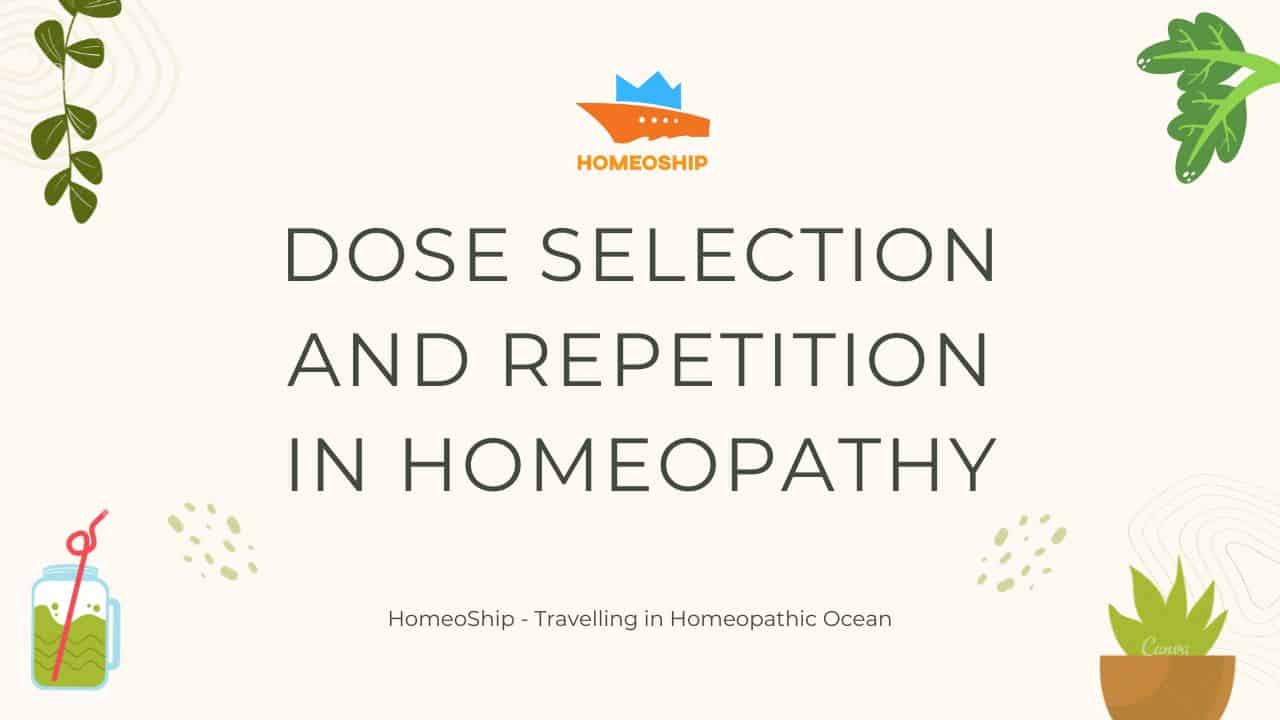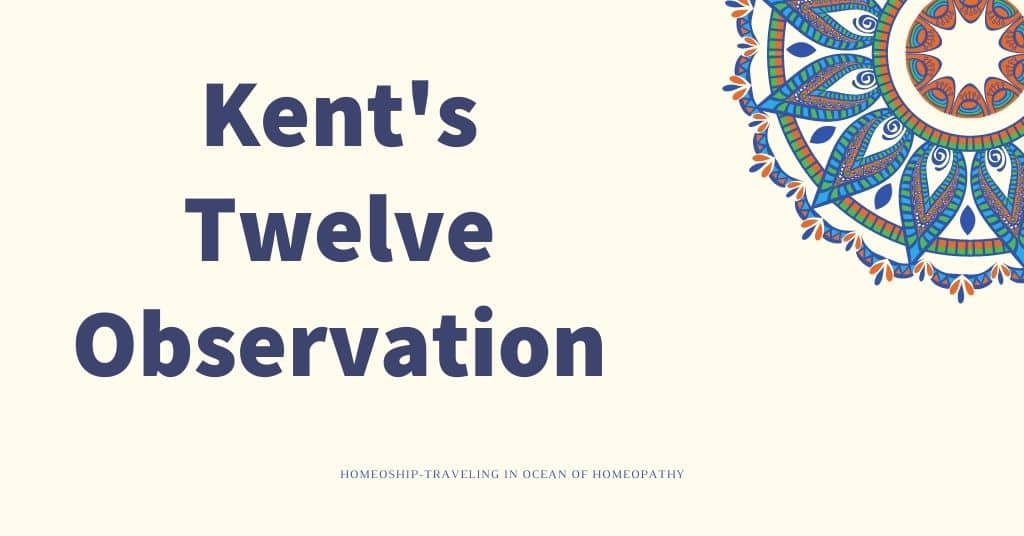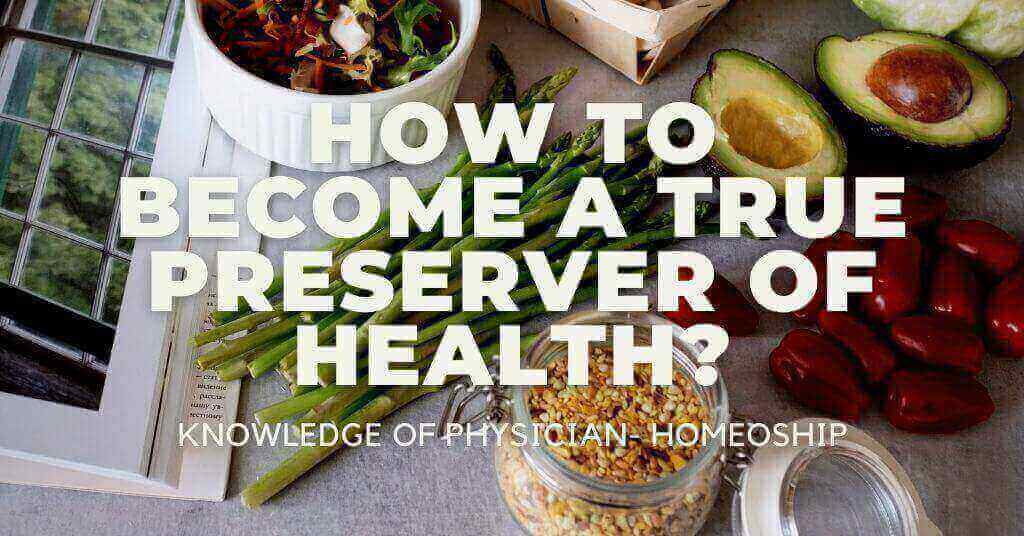Hello folks, with the subject organon of medicine we frequently encounter the word aphorism but do we really understand what it really means and how it originated let’s understand it in detail.
The word “aphorism” comes from the Greek word “aphorismos,” which means “definition” or “distinction“. However, the modern usage of the word as a concise and memorable statement of truth or principle is often attributed to the philosopher Hippocrates, who lived in ancient Greece from around 460 BCE to 370 BCE.
Hippocrates is said to have used aphorisms in his medical writings as a way of summarizing important diagnostic and therapeutic principles. For example, one of his most famous aphorisms is “First, do no harm,” which is still widely quoted and used as a guiding principle in medicine today.
Since Hippocrates, many other philosophers, writers, and thinkers have used aphorisms as a way of conveying important ideas in a concise and memorable way. The use of aphorisms has also become an important feature of many literary traditions, including Eastern and Western literature, poetry, and religious texts.

Dr. Samuel Hahnemann, the founder of Homeopathy, was a scholar and polymath who was deeply interested in language and literature. It is likely that he was familiar with the historical use of aphorisms as a way of summarizing complex ideas and principles in a concise and memorable way.
The aphorisms are short statements that encapsulate Hahnemann’s understanding of the principles and practice of Homeopathy. Master Hahnemann used the word “Aphorism” to refer to the numbered principles and guidelines that he laid out for the practice of Homeopathy. An aphorism refers to one of the numbered principles or guidelines laid out by Master Hahnemann, in his book “Organon of Medicine” (considered to be the foundational text of Homeopathy)
Hahnemann’s use of the term was influenced by the broader philosophical and literary tradition of aphorisms, which he may have been familiar with through his studies of classical literature and philosophy. The use of numbered aphorisms in the Organon allowed him to present his ideas in a clear and structured way and made it easier for other practitioners to understand and apply his principles.
Overall, Hahnemann’s use of the word “Aphorism” was a deliberate choice that reflected his commitment to clarity, precision, and the broader literary and philosophical tradition of using concise and memorable statements to convey important ideas.
There are a total of 291 aphorisms in the Sixth edition of the Organon (the last edition) covering topics such as the principles of cure, the selection and administration of remedies, and the management of acute and chronic diseases. These aphorisms are considered to be the cornerstone of Homeopathy and are studied and applied by Homeopathic practitioners around the world.
Why did only Aphorism were chosen by Dr Samuel Hahnemann??
He used aphorisms in his book “Organon of Medicine” for several reasons, which are mentioned below,
Firstly, aphorisms are concise and pithy statements that can convey complex ideas and principles in a succinct manner. Hahnemann was trying to distil his many years of experience and study into a series of guidelines that could be easily understood and applied by other practitioners.
Secondly, Hahnemann wanted to emphasize the importance of observation and empirical evidence in the practice of Homeopathy. Many of the aphorisms are based on his own observations of patients and the effects of different remedies, and he believed that other practitioners should similarly rely on their own experiences to guide their practice.
Finally, Hahnemann used aphorisms as a way of organizing and structuring the principles of Homeopathy. The numbered system of aphorisms allowed him to present his ideas in a logical and coherent way and made it easier for other practitioners to refer back to specific principles when needed.
Overall, the use of aphorisms in the Organon was a deliberate choice by Hahnemann to make his ideas more accessible and understandable and to emphasize the importance of empirical evidence and observation in the practice of Homeopathy.
In conclusion, about this post, we would say that it was a wise choice by Master Hanemann to choose an Aphrosrism. Let’s understand homoeopathy in detail and cure humanity. Together, we can make a difference and create a better future. Thank you for reading!



